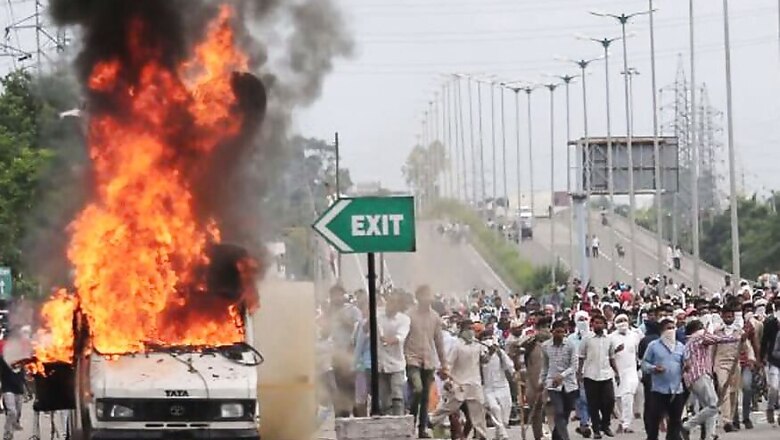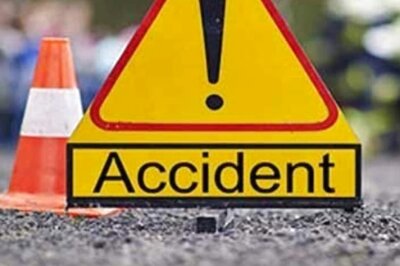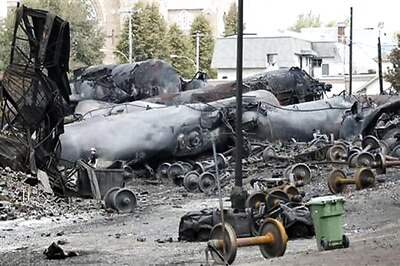
views
New Delhi: Attacks on government buildings, burning down state transport buses and damaging trains are some of the common measures resorted to by angry mobs in India to either vent their frustration or to pressurise governments to accept their demands.
In a repeat of last year's protest for quota by Jats, where public property worth hundreds of crore of rupees was damaged, self-styled godman Gurmeet Ram Rahim Singh's supporters burned down buses and government offices after the CBI court convicted him of rape in two cases. The mob not only attacked journalists and damaged outside broadcasting (OB) vans, they also burned down more than a hundred vehicles and ransacked government buildings.
Should attackers be allowed to get away with such destruction? Public property which is developed through taxpayers' hard-earned money can't be allowed to be destroyed like this.
In this case, the Punjab and Haryana High Court took suo motu cognizance and ordered that Dera Sacha Sauda property should be attached to recover losses caused during riots.
The Haryana Prevention of Defacement of Property Act, 1989 and the Punjab Prevention of Damage to Public and Private Property Act, 2014 empower both state governments to go ahead and claim the amount from those cause loss to public property.
The Punjab law was notified on June 12 this year. According to the legislation, all the losses that have been inflicted on individuals and the government in the aftermath of violence will be recovered from the organisers.
It makes all offences leading to lawlessness, arson or rioting, which lead to the damage of public property, a non-bailable offence.
But is Punjab only state that has such a law? West Bengal government is also bringing an amendment to the West Bengal Prevention of Defacement of Property Act to prevent destruction of public property. This would include a maximum imprisonment term of seven years for destroying public property. The accused will be made to pay for the damage and the cost would be determined against existing market prices.
At central level, the proposed Prevention of Destruction of Public Property (PDPP) Amendment Bill is being reworked by the Union Home Ministry.
The ministry has proposed amendments to the existing PDPP Act of 1984 in order to grant it more teeth. The new law would make the organisers who call a protest responsible for destruction of public properties.




















Comments
0 comment